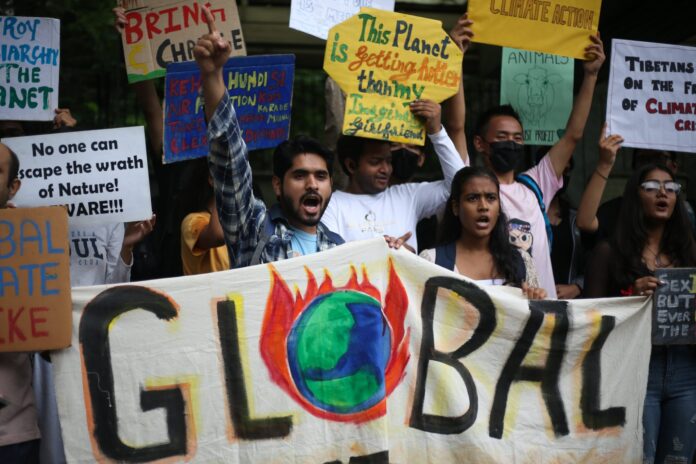Author: Paul G. Harris
Affiliation: Chair Professor of Global and Environmental Studies at the Education University of Hong Kong
Organization/Publisher: The Institute of Southeast Asian Studies (ISEAS) – Yusof Ishak Institute
Date/Place: July 30, 2021/Singapore
Type of Literature: Article
Word Count: 2300
Keywords: Climate Change, Biden Administration, Southeast Asia
Brief:
Despite the global economic pause during the Covid-19 pandemic, greenhouse gas emissions still rose. Global pollution has not even stemmed or reduced, in fact it’s still growing. President Joe Biden has promised to prioritize climate change policies since his first day in office. Domestically, the Biden administration has made climate change policy a central part of its legislative proposal, such as cutting US carbon emission in half by 2030. Internationally, it has promised to increase financial assistance for other nations in addressing climate change and will be more active in climate change diplomacy. In this article, the author shows how US climate policy will impact Southeast Asia. First, although the Biden administration has made a major shift in climate change policies, it is too late and won’t be enough to solve the climate crisis. Second, US policies and programs in Southeast Asian nations are adjusted with the administration’s climate objectives. Third, Southeast Asian nations are expected to mitigate their greenhouse gas emissions. Fourth, Southeast Asian nations are now unable to point to the US as inactive in climate diplomacy. Fifth, the US is expected to support international assistance to limit emissions. Sixth, international trade will be adjusted to climate change policies, such as adding more tariffs to trade goods and materials that harm the climate. Seventh, businesses and industries are expected to be more transparent in their climate-related policies. However, the US pressure on Southeast Asia will be in vain if Biden is not able to maintain his position in domestic politics.
By: Salman Nugraha, CIGA Research Intern




